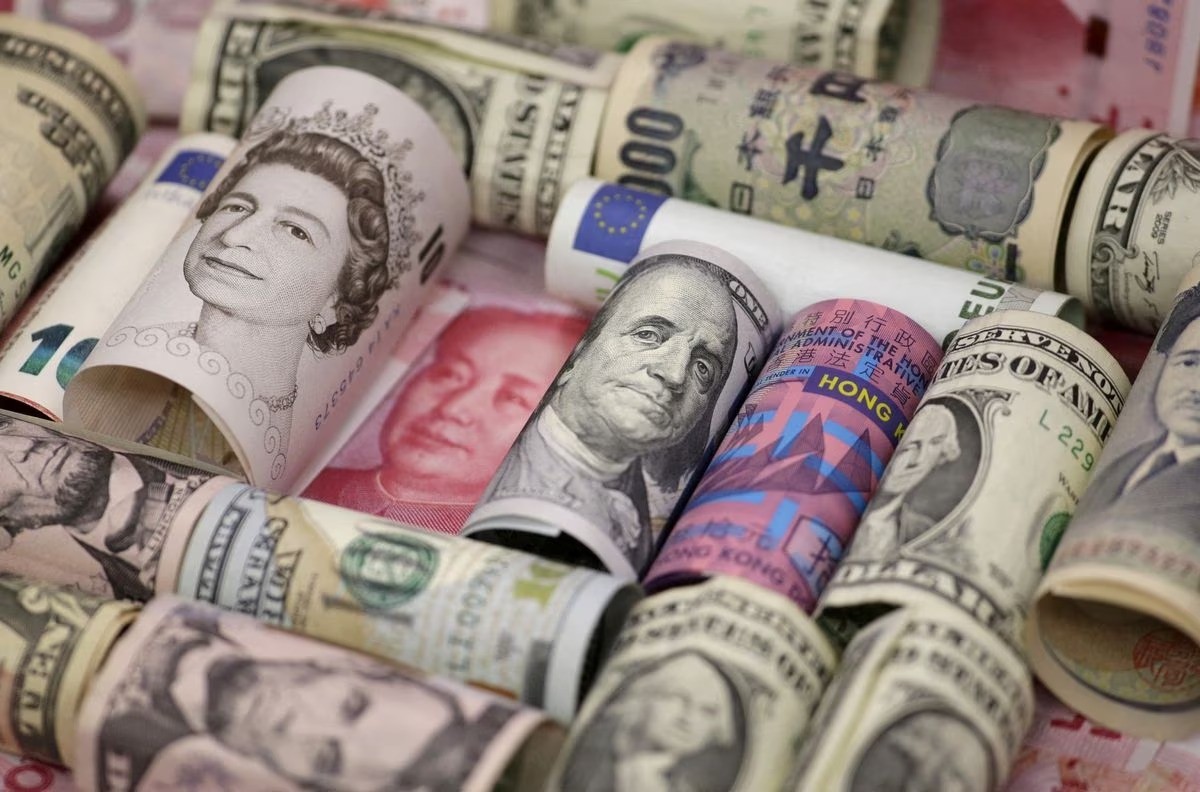India and Japan are edging closer. Prime Minister Narendra Modi and Prime Minister Fumio Kishida's governments form part of the so-called Quad security grouping with the United States and Australia to counter Chinese expansionism in Asia. Now the two countries are setting up an investment fund together. It's a fresh sign that financial ties will strengthen to match the geopolitical bond between the world’s third- and fifth-largest economies.
India’s National Investment and Infrastructure Fund, which boasts nearly $5 billion in equity investments, said on Oct. 4 that it was setting up a $600 million fund with the government-owned Japan Bank for International Cooperation to invest in renewable energy and other projects. That’s delivering on a pledge by Kishida to invest 5 trillion yen, or some $42 billion, into India over the next five years. India is already the largest recipient of Japan’s overseas development assistance.
The South Asian country needs to invest heavily in upgrading infrastructure and moving to greener sources of energy. It will need $350 billion in power generation investment in the next decade to meet growing demand, Wood Mackenzie estimates. A fund with NIIF will help; Japanese lenders have unrivalled access to cheap funding thanks to their country’s ultra-easy monetary policy and are hunting for overseas returns.
More than those in any other Asia Pacific countries, Japanese companies are looking to expand their presence in the giant emerging market. Firms that don’t already have an Indian presence are looking for reliable partners, per the Japan External Trade Organization. It’s a welcome reset after billion-dollar investments by Nippon Telegraph and Telephone (9432.T) and Daiichi Sankyo (4568.T) into India in 2009 and 2008 ended up in international courts. After plateauing around 1400 for the past five years, the number of Japanese companies on the subcontinent looks set to rise.
India and Japan can partner further afield too. They are the world’s second- and third-largest producers of steel. Yet more than 60% of the coal they need to make the alloy is concentrated in China and Russia. Sajjan Jindal, chair of India’s JSW, has talked openly about bidding in partnership with Japanese and South Korean mills for the coking coal unit of Canada’s Teck Resources (TECKb.TO), a business that could be worth $8 billion. A successful commodities alliance has precedent too; Nippon Steel partnered with ArcelorMittal , led by Indian-born Executive Chair Lakshmi Mittal, to buy India’s Essar Steel in 2018, and last year the joint venture acquired captive port and power assets.
The new fund may be small, but the two countries look set to go the distance together.
.png)

.jpg)


.jpg)




